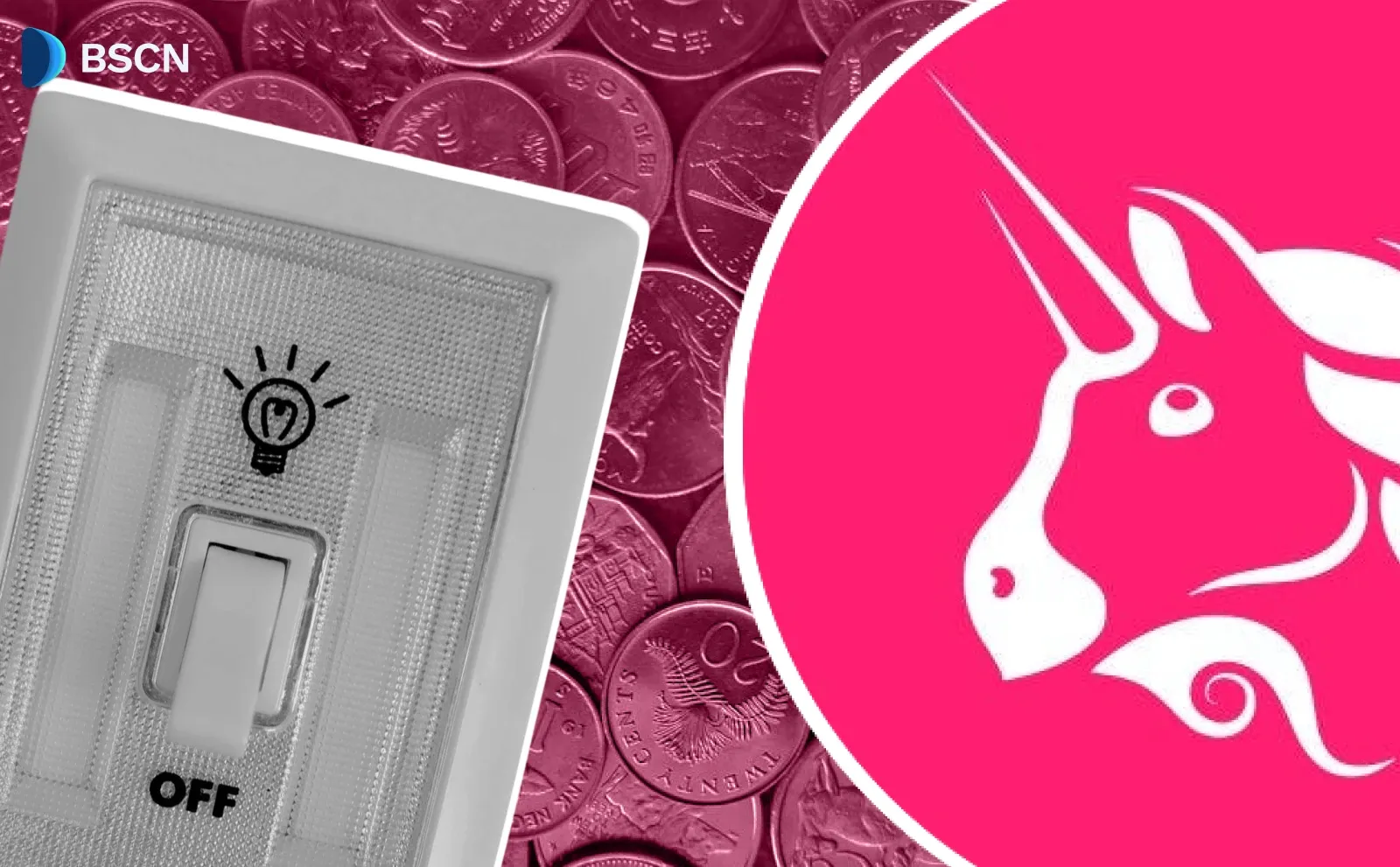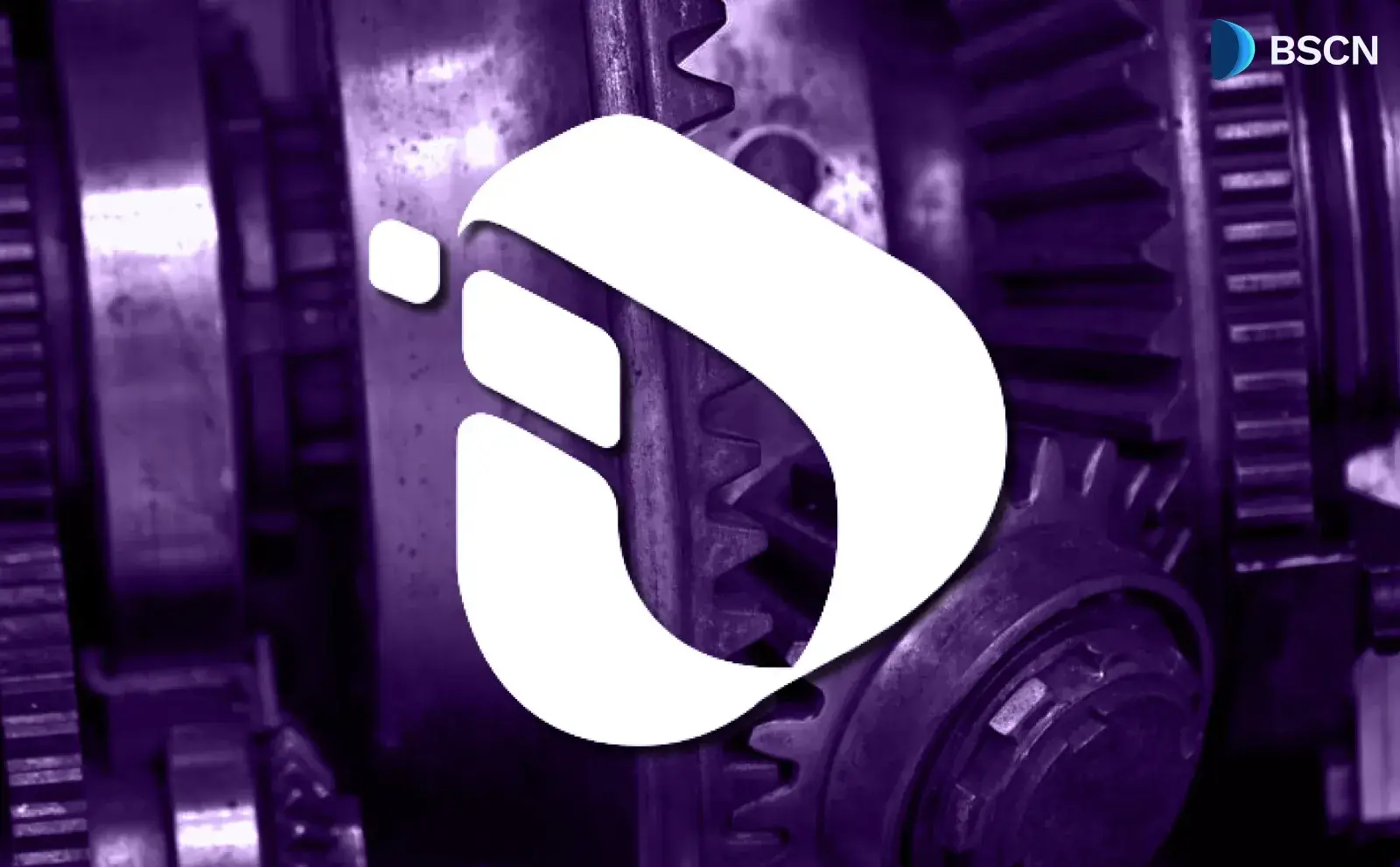How You Can Spot and Avoid ‘Pig Butchering’ Scams

A new cryptocurrency scam called Pig Butchering targets victims and takes advantage of cryptocurrency systems to drain people of their life savings.
BSCN
October 30, 2022
Table of Contents
Pig Butchering AKA Crypto Romance Scams
A new type of crypto scam is in the news these days, where victims are befriended through dating or social media apps and then tricked into investing in bogus investment schemes on fake crypto brokerage platforms. Thousands of “Pig Butchering” victims have been identified, with the average amount lost being over $150,000, according to Global Anti-Scam Org.
Pig Butchering scams began surfacing in 2020. The FBI’s Internet Crime Complaint Center issued an alert on Oct. 3, warning people to be wary of such schemes. In the U.S. alone, FBI’s Internet Crime Complaint Center estimated more than $429 million was stolen in 2021. Coinbase, too, has issued an alert urging customers to be vigilant.
Originating mainly from East Asian countries, the term Pig Butchering refers to how scammers “fatten” up the victim by showing eye-catching returns on their initial investments. This convinces them to deposit as much money as possible into fraudulent crypto accounts, before the “pig” is “slaughtered” by being frozen out of the funds.
ALERT: While pig butchering often uses romance as a tactic, scammers can also build other types of personal or professional relationships. Experts who are trained to manipulate their targets, making it is easy for someone to fall prey to this scam.⬇️https://t.co/dw4CvNH70j pic.twitter.com/3RDK308uQw
— Michigan Attorney General Dana Nessel (@MIAttyGen) October 18, 2022
Also known as a “Crypto Romance” scam, targets are set up over weeks and months by befriending them via text message or social media. The scammers get victims to trust them, often by employing romantic or intimate talk, before they start bragging about the amount they earn from investing. Targeting single well-educated people via phony accounts with enticing pictures, scammers present themselves as successful traders/investors who can teach their new “friend” how to make incredible profits.
"I would say these can be particularly dangerous, because they are all about trust over the course of time. It’s a highly sophisticated form of social engineering, with a higher success rate. I've seen a lot of attempts from people to masquerade as someone they are not, but I did not call them pig butchering, because from my vantage point they are easy to spot,” crypto scam watcher, RugZombie told BSC News.
Scammer groups create phony websites/apps or sub-license the MetaTrader 4/5 brokerage software to create a fake crypto brokerage firm, and have even created fake liquidity mining pools.
Initially, victims are coaxed into depositing small amounts from which they make and can even withdraw profits, deceiving them into trusting the platform. Once the victim makes larger deposits, they are shut out of the platform or the entire website disappears. The phony platform levies an unending series of fees, taxes and charges meant to extract more money into the scammer’s wallet, before the scammer ends all contact with the victim.
“This type of scam would have to uniquely be able to leverage trust. I think there are lots of projects that use the same framework, though, they continue to promise things, they might always be in a ‘coming soon’ or ‘just had a good meeting with a famous person, you guys should scoop it up while it’s cheap,’ things like that,” said RugZombie.
Here’s a list of major pig butchering scams reported by the media in recent months:
- Jane Yan lost over $1.6 million after a scammer convinced her to invest in a fake crypto platform.
- A Bay Area software developer lost over $1.3 million to a person who contacted her on a professional networking site.
- Another Bay Area man lost over $1 million to a scammer
- A 37-year-old Malaysian nurse working in Singapore lost $240,000.
- Singapore professional Han Ni described how she lost $77,000.
The FBI has been investigating the scams to track down the culprits but it has proven difficult so far due to the nature of the bogus crypto platforms. Most victims are professionals between 30-40 with two-thirds of them women.
If you have a good due diligence and sound investment practices, you typically won’t buy into that," RugZombie told BSC News.
Signs of Pig Butchering
- You receive a realistic sounding message, usually from a good-looking person, that seems as if it were intended for somebody else
- They will ask to switch platforms to Telegram or WhatsApp – saying it’s safer.
- Use of emotional manipulation to gain your trust
- Someone you met online continually brings up cryptocurrency trading and encourages you to get involved
- They direct you to an app or site that promises unusually high returns — such as 20% or 40% on your investment
- Evoking greed by reminding potential victims how they’ll enhance their life
- They threaten to cease speaking in case you ask too many questions, or if you insist on photographs or video calls
- Details they share about their own life make them seem similar to you.
Avoiding Crypto Scams
- Stay away from anyone who claims to have exclusive investment opportunities and urges you to act fast
- Check where the company or brokerage is registered and under which license it is authorized to operate
- Don’t share personal or financial information with strangers
- Do not authorize any app or website to gain access to your funds.
Read Next...
Disclaimer
Disclaimer: The views expressed in this article do not necessarily represent the views of BSCN. The information provided in this article is for educational and entertainment purposes only and should not be construed as investment advice, or advice of any kind. BSCN assumes no responsibility for any investment decisions made based on the information provided in this article. If you believe that the article should be amended, please reach out to the BSCN team by emailing [email protected].
Author
 BSCN
BSCNBSCN's dedicated writing team brings over 41 years of combined experience in cryptocurrency research and analysis. Our writers hold diverse academic qualifications spanning Physics, Mathematics, and Philosophy from leading institutions including Oxford and Cambridge. While united by their passion for cryptocurrency and blockchain technology, the team's professional backgrounds are equally diverse, including former venture capital investors, startup founders, and active traders.
Crypto Project & Token Reviews
Project & Token Reviews
Comprehensive reviews of crypto's most interesting projects and assets
Learn about the hottest projects & tokens
Latest Crypto News
Get up to date with the latest crypto news stories and events





















